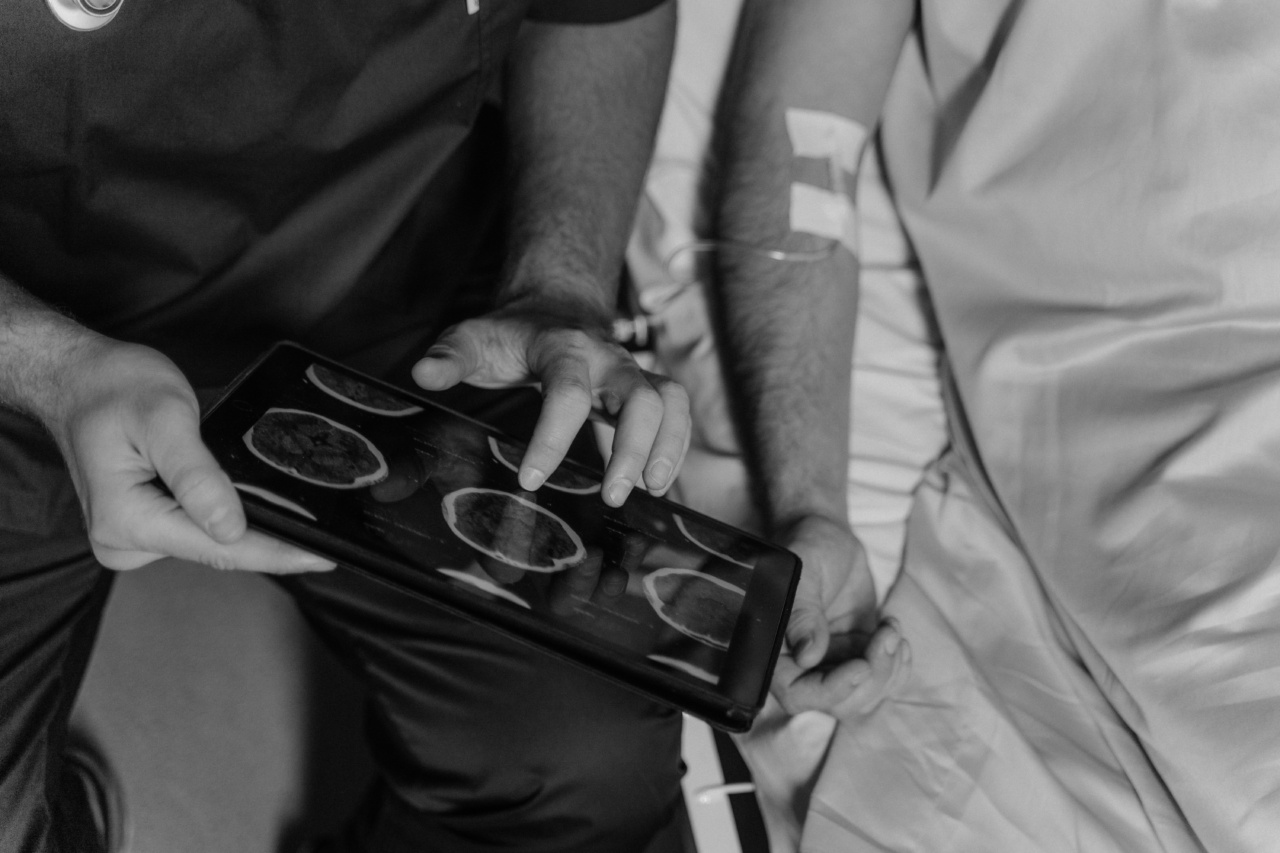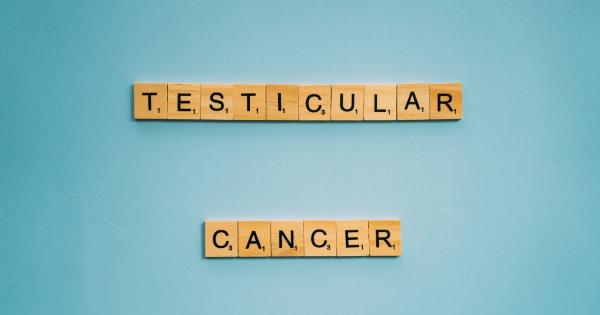Male reproductive cancer refers to the cancer that develops in the male reproductive system, which includes the testicles, prostate, and penis.
While these cancers are relatively rare compared to other types of cancer, they can have a significant impact on a man’s health and well-being. Early detection and prompt treatment are crucial for improving outcomes and ensuring the best possible prognosis.
Testicular Cancer
Testicular cancer primarily affects young men between the ages of 15 and 35. It is relatively rare but has a high cure rate, especially when diagnosed early. Here are some key symptoms to watch out for:.
1. Lump or Swelling
A lump or swelling in the testicle is the most common symptom of testicular cancer. It can be painless, firm, and generally doesn’t change with pressure.
If you notice any unusual changes, it is important to get it checked by a healthcare professional.
2. Pain or Discomfort
Pain or discomfort in the testicles or scrotum can be indicative of testicular cancer. This may be caused by the tumor pressing on nearby structures or due to the cancer spreading to the lymph nodes.
3. Heaviness or Dull Ache
Some men may experience a feeling of heaviness or a dull ache in the lower abdomen or scrotum. While this can have many causes, it is worth getting it evaluated by a doctor to rule out testicular cancer.
Prostate Cancer
Prostate cancer is one of the most common types of cancer in men. It typically affects older men and can develop slowly, often without causing noticeable symptoms in the early stages.
However, as the cancer progresses, the following signs may indicate its presence:.
1. Difficulty Urinating
Prostate cancer can cause urinary difficulties such as a weak urine flow, difficulty starting or stopping urination, frequent urination (especially at night), or a feeling of incomplete emptying of the bladder.
2. Blood in Urine or Semen
Blood in urine or semen can indicate various conditions, including prostate cancer. If you notice blood in your urine or semen, it is essential to consult a healthcare professional for further evaluation.
3. Erectile Dysfunction
In some cases, prostate cancer can lead to erectile dysfunction or difficulty achieving or maintaining an erection.
While there can be multiple causes for this condition, it is worth discussing with a doctor to rule out prostate cancer as an underlying cause.
Penile Cancer
Penile cancer is relatively rare but can be aggressive if not detected early. Knowing the symptoms can aid in prompt diagnosis and treatment. Here are a few key signs:.
1. Changes in the Skin
Any changes in the color, texture, or thickness of the skin on the penis should be examined. This may include redness, ulceration, or sores that do not heal.
2. Lumps or Growths
Development of lumps, sores, or small bumps on the penis may indicate the presence of penile cancer. It is important to have any new or unusual growths assessed by a healthcare professional.
3. Bleeding or Discharge
Bleeding from the penis or a foul-smelling discharge can be signs of penile cancer. It is crucial to seek medical attention if you experience these symptoms.
Conclusion
Being aware of the symptoms of male reproductive cancer is essential for early detection and prompt treatment.
Regular self-examinations, timely medical check-ups, and open communication with healthcare professionals can help identify any potential issues. Remember, early detection greatly improves the chances of successful treatment and recovery.




























